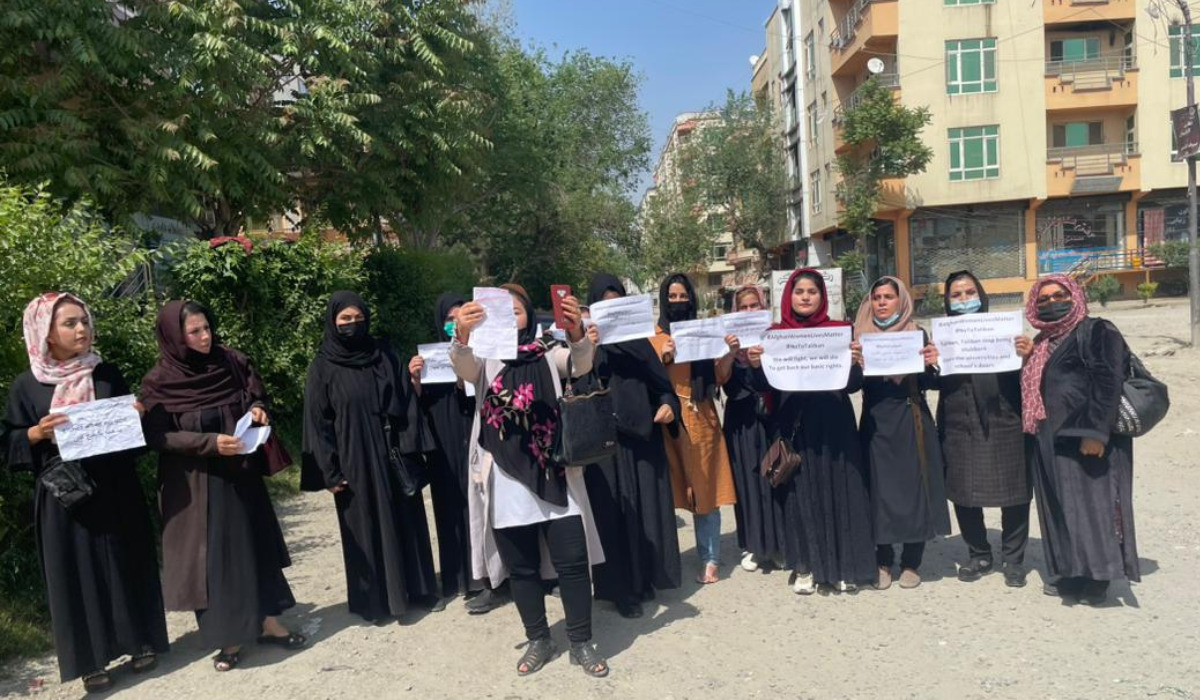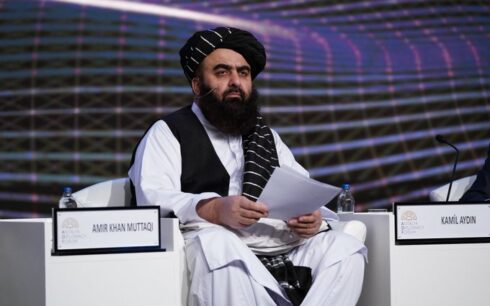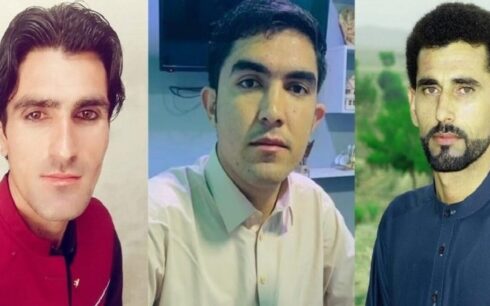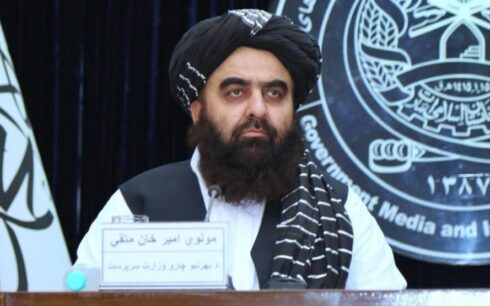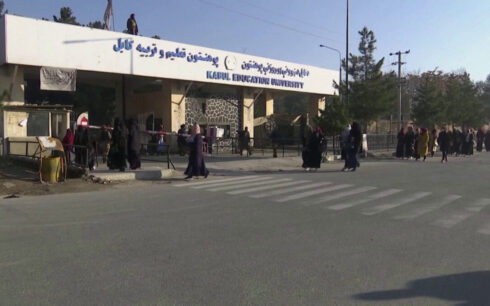Following an eight-day joint visit to Afghanistan, the Special Rapporteur on the situation of human rights in Afghanistan, Richard Bennett, and the Chair of the Working Group on discrimination against women and girls, Dorothy Estrada-Tanck, shared their preliminary observations, saying that they are concerned about ‘systematic crackdown’ on women and girls rights in Afghanistan.
“We deeply regret the continuing deterioration of the human rights situation in the country, plagued by decades of conflict and historical human rights violations affecting all members of society, in particular women and girls, as well as minorities,” the experts said.
Since the collapse of the Republic, Taliban authorities have dismantled the legal and institutional framework and have been ruling through the most extreme forms of misogyny, destroying the relative progress towards gender equality achieved in the past two decades, the experts said.
They added that the Taliban imposes certain interpretations of religion that appear not to be shared by the vast majority of Afghans.
Various concerned stakeholders continue to strongly object to the recognition of the Taliban authorities, said the experts, adding that many actors have sought entry points at the local level so as to continue providing crucial services and protection to the most marginalised populations, in a country ravaged by extreme poverty.
In meetings with Taliban authorities, they noted that women were working in the health, education and business sector, and that they were ensuring that women could work according to Sharia, separated from men, according to the experts.
The de facto authorities reiterated their message that they were working on the reopening of schools, without providing a clear timeline and indicated that the international community should not interfere in the country’s internal affairs, said the exports.
Manifestations of systemic gender-based discrimination
The experts stated that during their mission, they have documented how women and girls’ lives in Afghanistan are being devastated by the crackdown on their human rights.
“We are alive, but not living”, said one of UN experts’ woman interlocutors.
“We are deeply concerned about the apparent perpetration in Afghanistan of gender persecution – a systematic and grave human rights violation and a crime against humanity,” the experts said. “While we cannot make determinations of individual criminal responsibility, we consider on the basis of information received, including first-hand accounts, that women and girls are being targeted because of their sex and due to the social constructs used to define gender roles, behaviour, activities, and attributes.”
According to a UN statement, the UN experts mission took place from 27 April to 4 May in a context of a chronic humanitarian crisis and profound turmoil due to the most recent edict banning Afghan women from working with the United Nations and non-governmental organisations, adding to a series of discriminatory rulings banning girls from secondary and tertiary education.
In this environment, the independent experts met with representatives of Taliban authorities, civil society, women groups, entrepreneurs, religious leaders, teachers, journalists, victims of human rights violations, United Nations entities and the diplomatic community, said the statement.
In addition to the capital, Kabul, and site visits there, the delegation also visited Mazar-e-Sharif, Balkh province.

